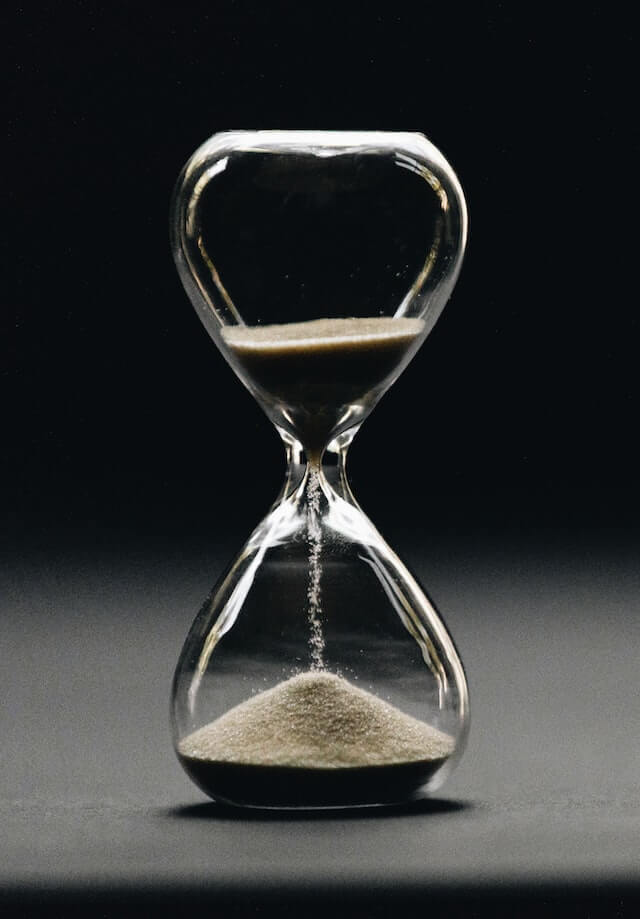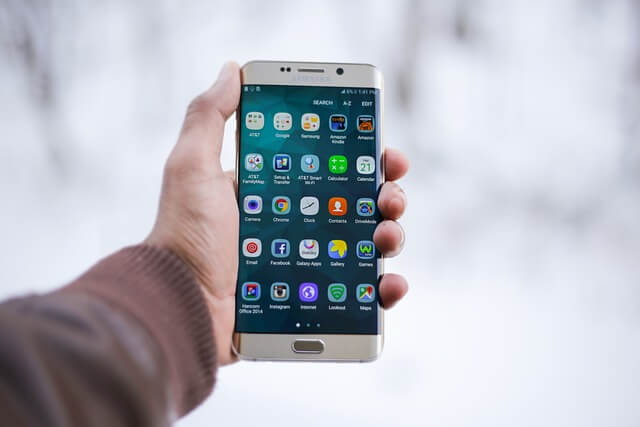Listen on Spotify.
It can be tricky to boost your work ethic and track your progress, whether you are an individual or want to do it as a company. Time management is essential if you want to succeed. But what is the best way to manage our time?
While using the Pomodoro method or the Flowtime technique can be helpful, nothing quite beats the integrated approach adopted by some of the best time management apps out there.
The best time management apps give you a simple way to manage time, and tasks and increase your productivity.
In the rest of this article, we’ll talk about some of the best apps available ranging from the best app if you need to focus to the best app to use if you need a degree of automation. Most of the apps we feature offer both individual and team tracking and tools to help you spot times of the day when your productivity peaks, and periods when your energy levels dip. Hopefully, this will help you find the one that best fits your needs.
First, though, let’s find out what a time management app is.
What is a Time Management App?
There are a plethora of time management apps out there and all have one thing in common. They track the time you spend on tasks or activities you want to keep tabs on.
Some apps can create invoices automatically, offer productivity tips, and alert you when you’re becoming distracted.
This is useful for everyone from companies wishing to keep track of the number of hours worked by remote staff, to freelancers who need to know the number of hours worked to create accurate invoices.
Later, we’ll find out how you can find the perfect app for you. Next, though, let’s discover more about some of the best apps available.

Best Time Management Apps
There are many apps out there that can fit into different categories. For the purposes of this piece, we’ve picked the best one for each. Let’s dive in.
1. Best app for automation – TimeCamp
TimeCamp offers several easy-to-use functions which aim to help boost team productivity. You can use it to track billable hours, send invoices, and keep tabs on attendance. You can also work in sync with over 50 other productivity tools, such as Evernote, Jira, and Slack, thanks to easy integration.
Want a way to monitor internet usage across teams? TimeCamp has you covered. Use automatic time tracking to measure the time teams spend on a given project. This feature can also give insight into both team and individual productivity and help you pinpoint areas where productivity could be improved.
The free version is limited and supports just one user. However, its basic plan — costing $6.30* a month per user— has no limit to the number of users it supports, allows you to track billable time, and much else besides.
Pros:
- Automatic time tracking feature.
- Multiple integrations are available.
Cons:
- The free version of this app is extremely limited and is therefore not as useful.
2. Best work time tracker – Tmetric
Described as a work time tracker, Timetric helps companies streamline teamwork so all can work more effectively, be productive, and focus on what truly matters. The user-friendly interface provides good control over budgets and time intervals for projects. There is a visual timeline that gives insight into the activities engaged in over the course of the day. This allows you to track billable hours. Freelancers and businesses alike use this service. You can automate the process using browser add-ons, so you can track each billable minute with ease. This app even lets you track each individual member of a team so that you can see how productive each person is as compared to their teammates.
Timetric has a free version that up to 5 people can use. The Professional tier adds to-do lists, invoices, and billable rates. If you upgrade to the business plan, you can integrate with Redmine, Jira, and Timesync to provide cost rates to employees. There is a 30-day free trial available for each of the paid plans.
Pros:
- Supports multiple currencies.
- Browser add-ons to automate time tracking.
Cons:
- The free version doesn’t support billable hours or invoicing.
3. Best for time tracking across multiple devices – Toggl
Toggl takes a straightforward approach to time management which includes idle detection and reminders to ensure tasks are completed. You can also track time across various devices. You may start tracking time on your PC but can then pause it on your smartphone which has synced time entries.
You can break down hours by client, project, or task. You can use the data to work out how you can improve productivity and make more profit.
The basic level supports 5 users and there is a free trial available for all paid tiers.
Pros:
- Cross-platform support.
- Simple and user-friendly.
- Free trial available.
Cons:
- Does not support invoicing.
4. Best app to aid focus – RescueTime
This app aims to help you focus and become more productive by eliminating distractions. RescueTime is packed with features that allow you to set goals with alerts to tell you when you’ve achieved daily goals.
It will alert you if you’re trying to do too much or if you are losing focus. It’s one of the best apps out there to keep you on the straight and narrow.
RescueTime Lite, the free version, allows users to track time on websites, set goals and receive weekly email reports. If you need more, you can choose the paid plan and get serious. This plan builds on the free version, offers time tracking across devices, and lets you block certain websites that may prove a distraction.
Pros:
- Useful free tier.
- Can block distracting websites.
- Alerts to keep you on track.
Cons:
- The free trial only lasts for 14 days.
5. Best for data security – ManicTime
Are you looking for an app that means you won’t have to worry about security and sending data through the cloud? ManicTime is the app for you.
ManicTime keeps data local and doesn’t sync with a remote server. Similarly to cloud-based solutions, it can automatically track time spent on local files or websites. It also integrates with task-based systems like Jira.
This means you can easily turn your tracked hours into reports that you can import into your preferred invoicing or spreadsheet software. The free tier is basic and offers limited functionality, with more on offer if you choose the Pro tier.
Pros:
- Not cloud-based.
- Free tier.
- Doesn’t need to connect to a remote server.
Cons:
- No integration with mobile apps.
6. Best app to do time tracking on mobile – Chrometa

Chrometa automatically keeps track of tasks you and your team are working on. It does this by capturing the URLs of websites you visit, the subject lines of emails, and info from local files and pauses the clock when you step away from your PC. It can also capture data from your phone so you can record billable hours.
There is no free plan, but you can try Chrometa out with a 30-day free trial. You can choose from several plans, including ones for teams.
Pros:
- Time tracks and captures data from multiple apps.
- Offers mobile time tracking.
Cons:
- No free version.
7. Best simple time-tacking app – Todoist
Ticking stuff off a to-list is a traditional way to manage your time and boost productivity. It can also be satisfying and keep you motivated.
Use the simple and effective Todoist to help you do just that with both regular and occasional tasks to keep you moving forward toward your goals. You can use it on both your desktop and mobile.
At the beginning of each day, you’ll get a schedule of all your jobs, so that you can plan and spend your time most effectively. You can use it to help organise anything from work right through to shopping and errands. You can edit the default options to suit your needs.
Todoist is perfect to help you power through personal tasks, while Trello is best suited for business.
Pros:
- Simple and easy to use.
- Helps organise projects.
Cons:
- Not as feature-rich as some other apps.
How to Choose the Best Time Management App
To choose the app that’s right for you, you must first decide how you want to use the data collected. If you only want to track your own work, for example, you don’t need to pick an app that can integrate with other software.
However, if you want an app to help you stay focused it might be best to plump for a more advanced option, especially if you want to use it for more than just personal use.
Ultimately, the reason why you want to track your time is your best guide to choosing the app most suited to you.
Wrapping Up
We’ve covered a selection of the best time management apps available and selected the best one we review according to purpose. We’ve explained what these apps do and highlighted the pros and cons of each.
Hopefully, you can use the advice given here to help choose the best app. Perhaps this has given you the confidence to try a few apps we’ve not mentioned.
Whichever app you choose, it is bound to put an end to all your time-tracking woes. What do you think is the best time management app?
Tell us in the comments.
*Prices given in this post are correct as of November 2022.

11 thoughts on “The 7 Best Time Management Apps for 2022”